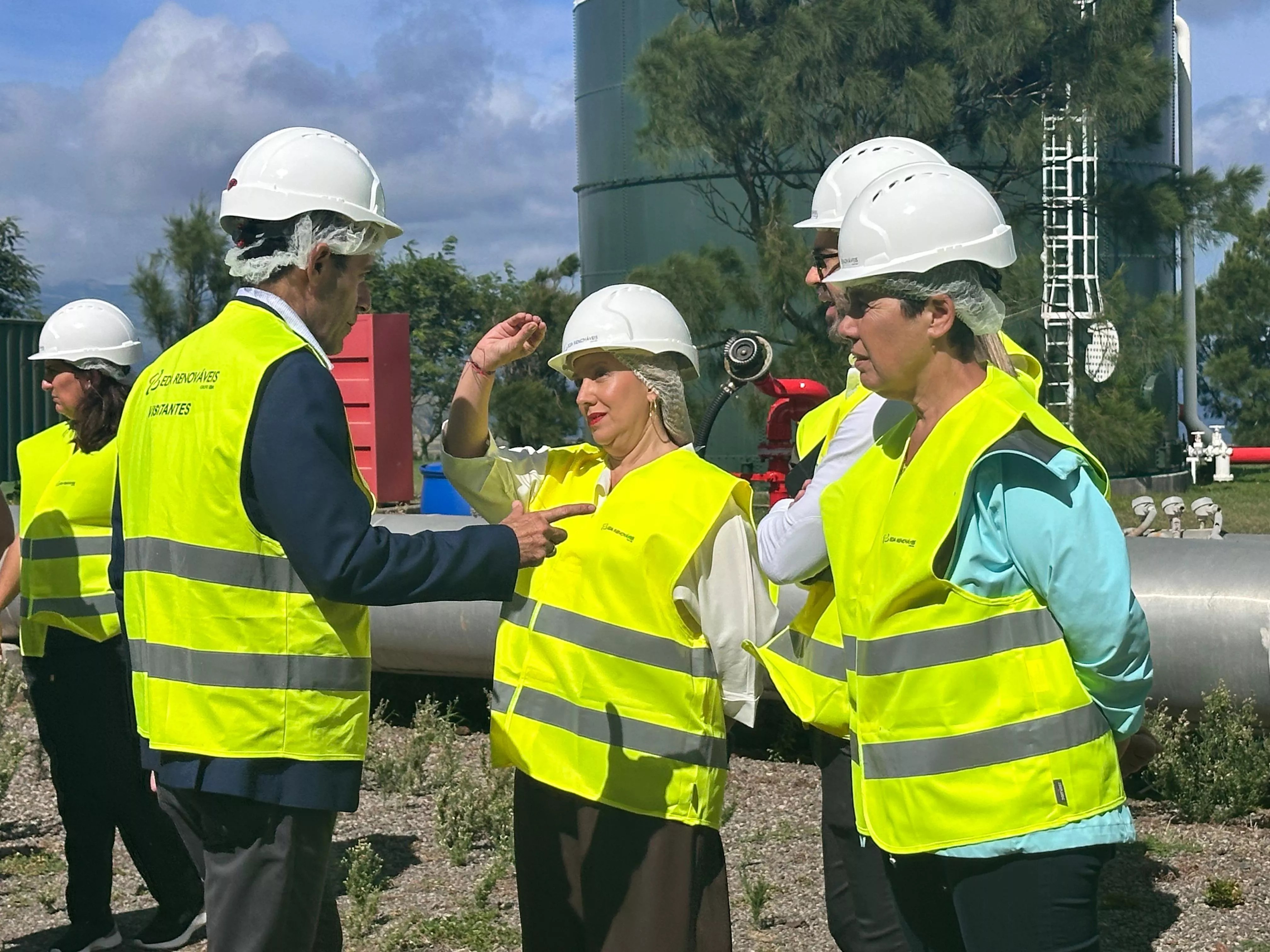
SANTA CRUZ DE TENERIFE, Oct. 8 (EUROPE PRESS) –
The president of the Regional Federation of Fishermen’s Guilds of the Canary Islands, David Pavón, admits that the development of aquaculture in Europe is “mandatory”, practically a “yes or yes” in view of the need to obtain animal protein, although he understands that in order to Canary Islands does not generate “competition”.
Speaking to Europa Press following the approval of a report in the European Parliament calling for the development of sustainable aquaculture, he indicates that “natural protein is better than farmed protein” but does not hide the fact that worldwide consumption through of this route is already superior to that of conventional fishing.
Pavón points out that in the archipelago the “priority” is “artisanal and sustainable” fishing and although the aquaculture sector stands out strongly “it does not generate competition” given that it works with “different species” such as sea bream and sea bass and also ” almost everything” is exported to the Peninsula mainly plus a part that is destined for restoration.
Along these lines, he does not hide that the archipelago is “strategic” for the development of aquaculture due to the good temperature of the water that makes the species grow “faster”.
Regarding the damage to the ecosystem, he affirms that “there is always an impact” although “it does not have to be negative”, although he specifies that in recent years “it is very low and has been reduced considerably”, something that he has observed in fish farms in La Palma, Gran Canaria or Azores.
He has also indicated that aquaculture is useful in subsectors in which “consistency and predictability of the product” are needed, such as some restaurants or supermarkets, where they also work with African white fish from Mauritania and Senegal, “but more and more it is reversing and the seasonal product is being incorporated and is gaining ground”.
Pavón, who belongs to the brotherhood of La Restinga, in El Hierro, rules out that aquaculture settles on the island because “it would totally break the aura, the philosophy and the rustic and artisanal essence of the island”, apart from the fact that it could collide with some protection figures such as the marine reserve, the geopark or the Biosphere reserve.
It also indicates that producing in El Hierro “has the additional cost” of transport, so at most, it only sees the option of aquaculture related to the fishing sector itself and that “serves as support” to obtain the bait with which it is fished. the ‘old’ or raise limpets when there is a closed season, and do it on land, for example, not even in the sea.
The EU imports 70% of all the foods of aquatic origin that it consumes, which causes an annual trade deficit of 21,000 million euros, so the potential of aquaculture “is clear”, they recognize from the European Parliament.
Production on the continent represents only 1.15% of world production and almost 70% is concentrated in four Member States: Spain, France, Greece and Italy, but only 10% of EU seafood consumption comes from of community aquaculture.
















